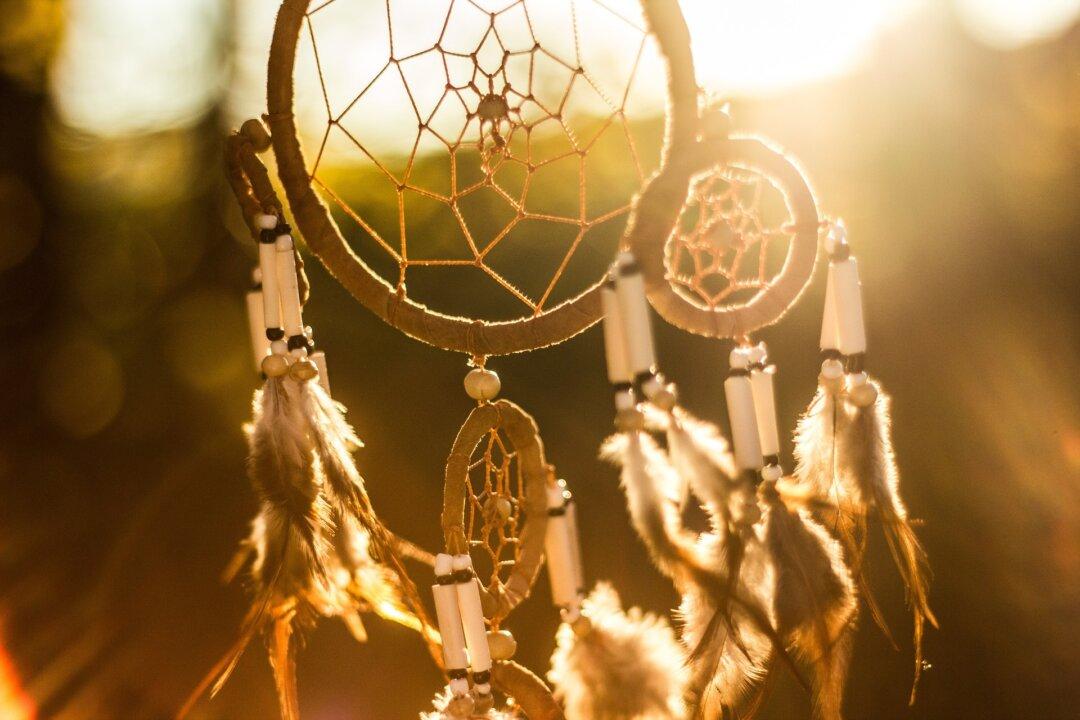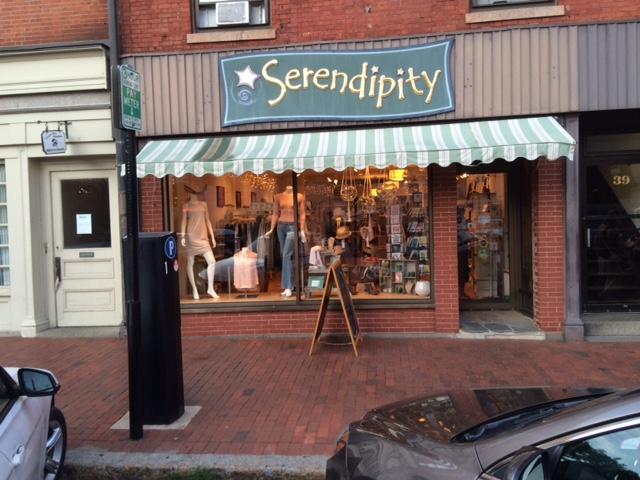Grace Lark* is an environmental lawyer by trade, and a leading expert in that field. But she also upholds justice with strange abilities to intuitively find lost objects and return them to their owners, and to find lost people by tracking them in her dreams.
Woman Tracks Lost People in Her Dreams, Finds Lost Objects With Intuition
Grace Lark has strange abilities to intuitively find lost objects and return them to their owners, and to find lost people by tracking them in her dreams.

A Native American dream catcher Public Domain
|Updated:
Author’s Selected Articles




